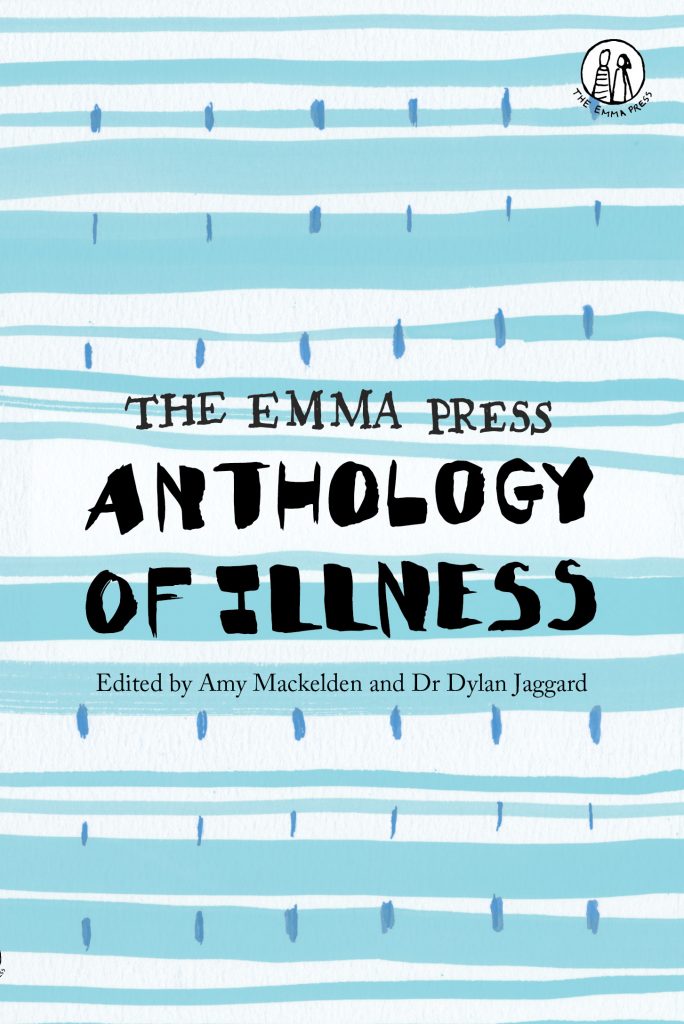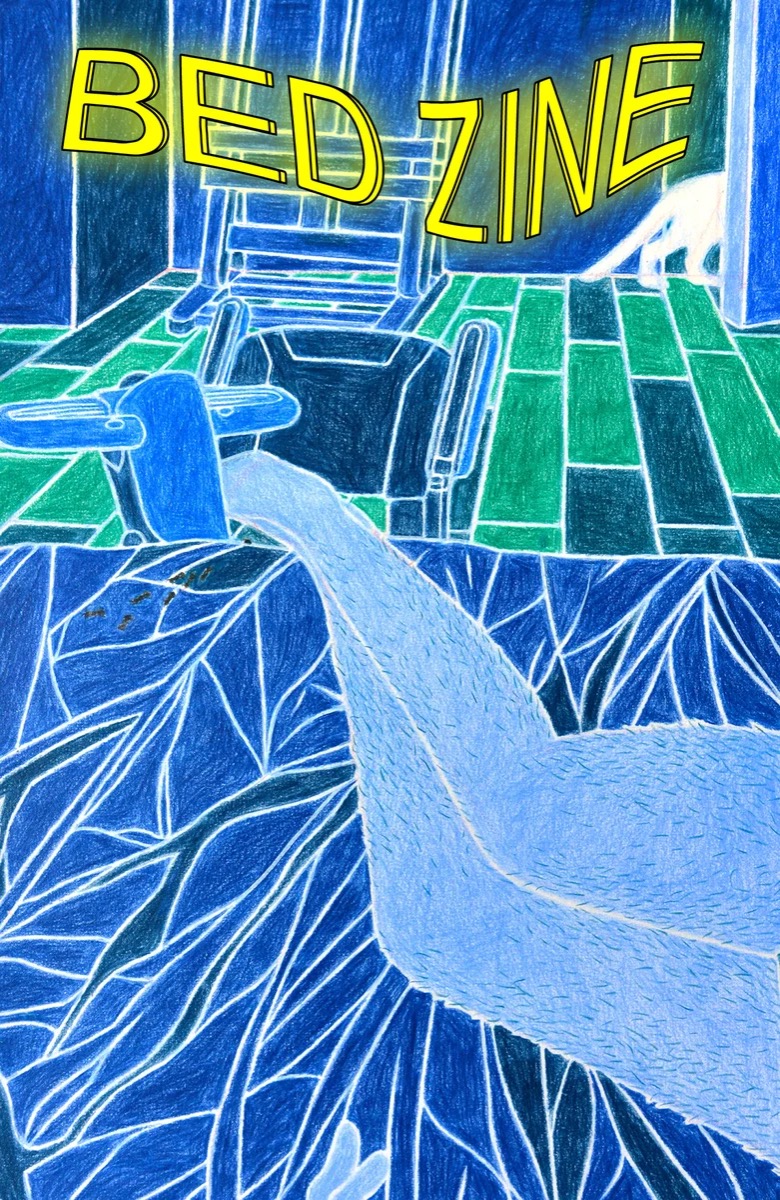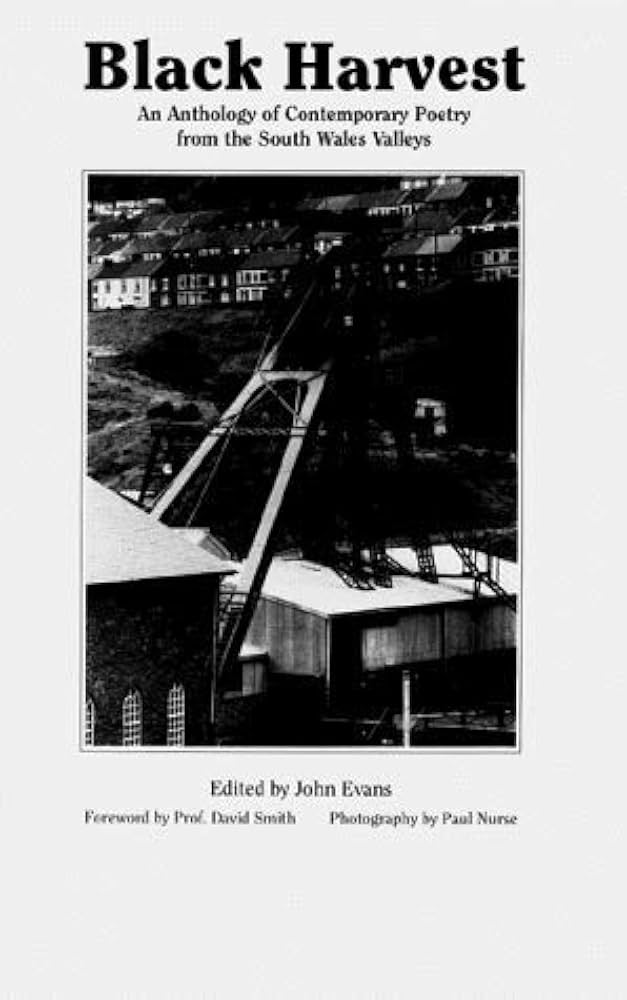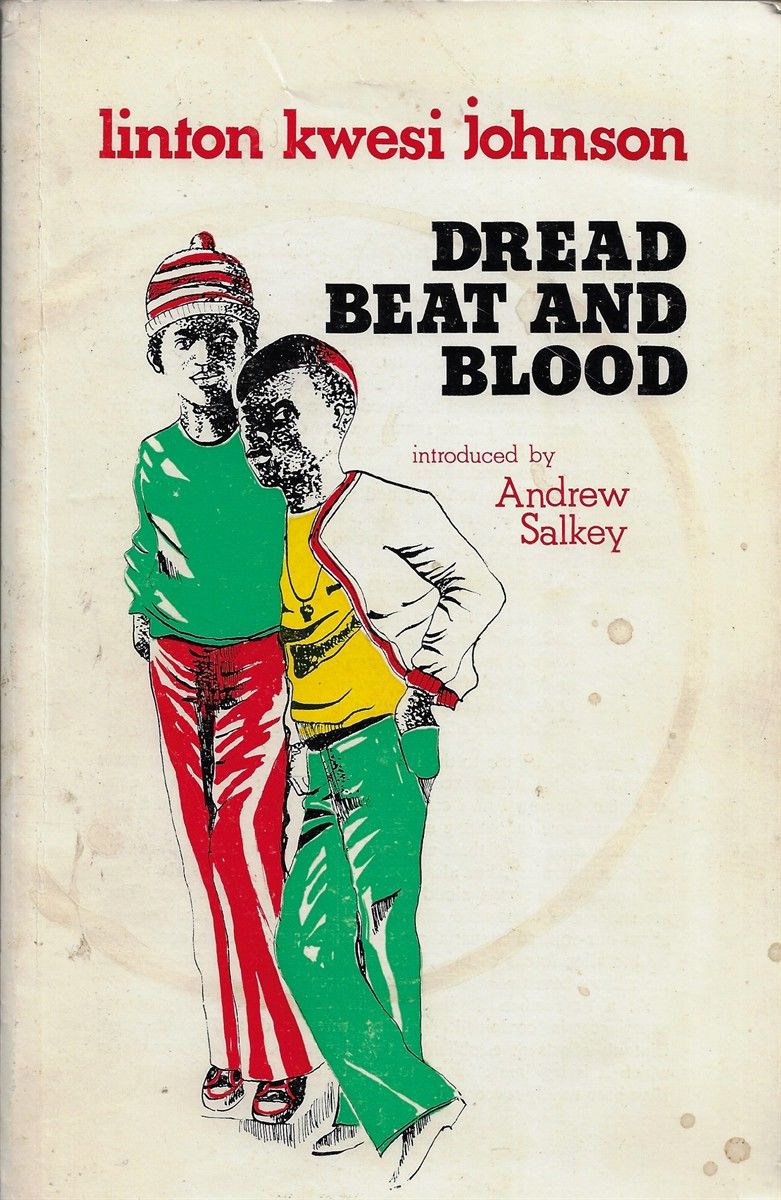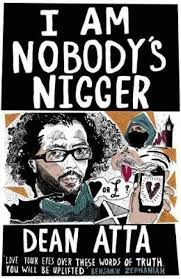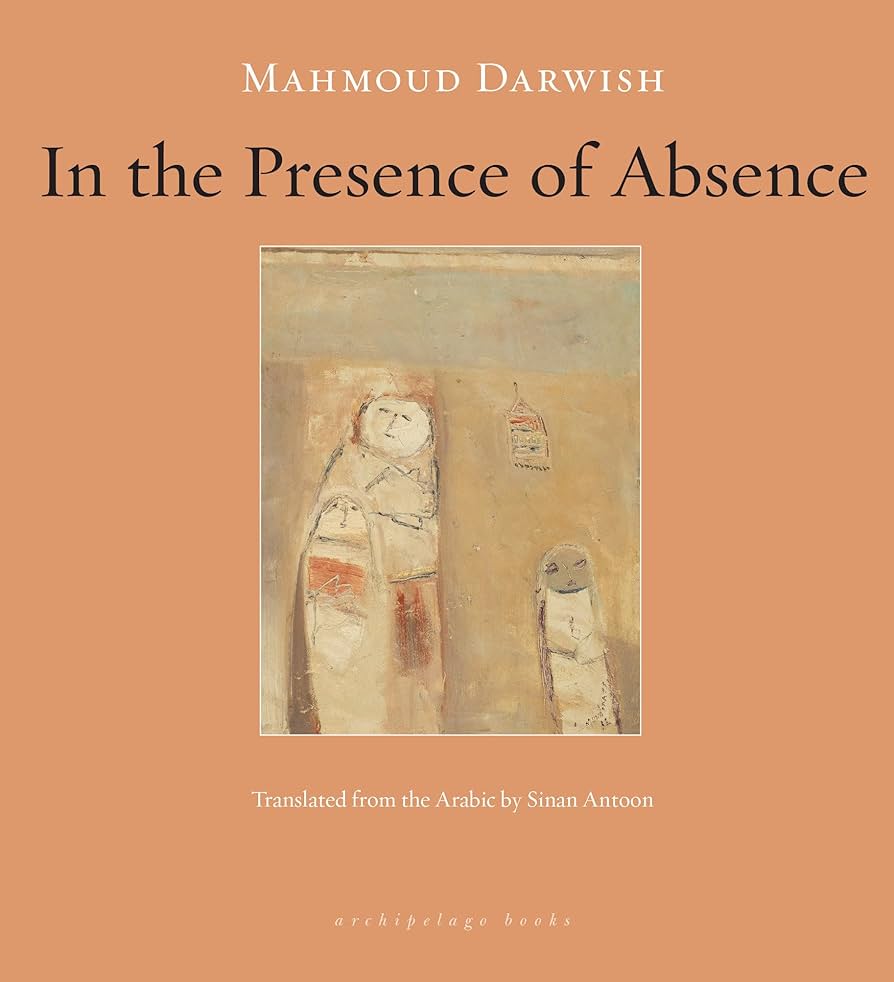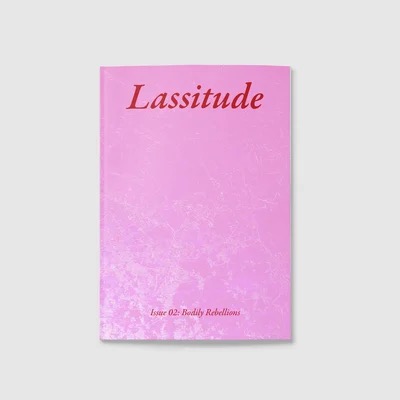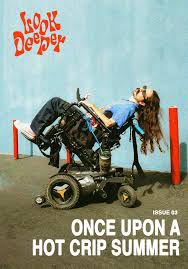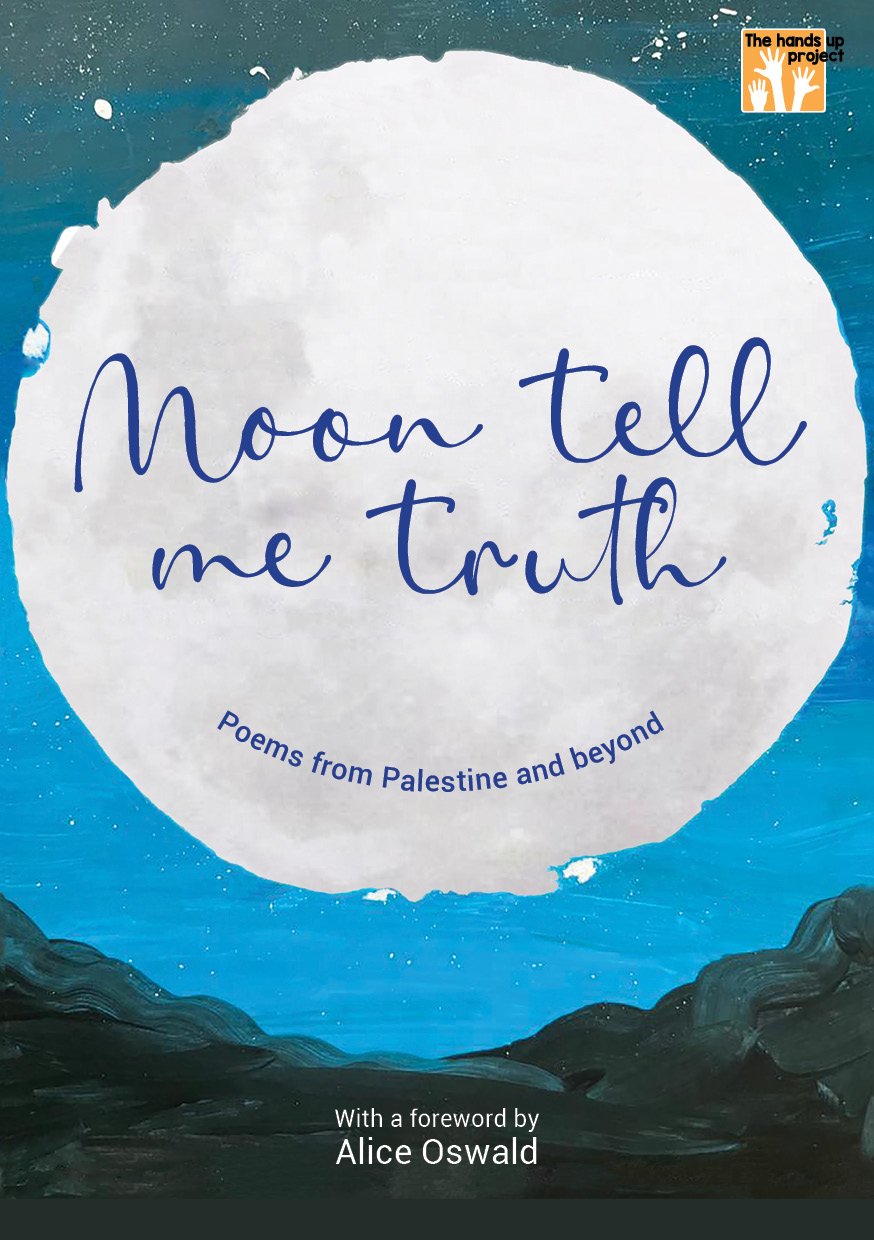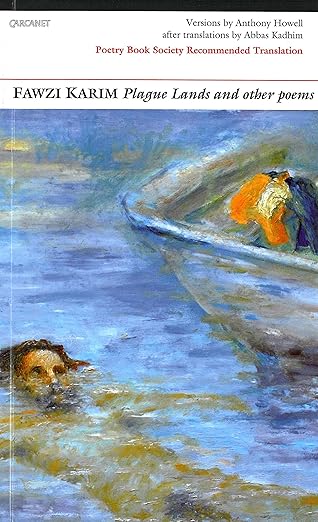From interactions with hot oncologists to life-threatening hospital stays to a really bad case of glandular fever. Whether a diagnosis is life-altering or treatable, a total surprise or painfully invisible, The Emma Press Anthology of Illness explores what we wish people knew about being ill, and whether finding that ‘new normal’ is ever possible.
With poems from Cassandra Atherton, Sharon Black, Astra Bloom, Samara Bolton, Constance Bourg, Rachel Bower, Emily Brenchi, Sue Burge, Jane Burn, Louisa Campbell, Stephanie Conn, Marc Darnell, Marian Fielding, Charlie Fitz, Lucy Fox, Helena Goddard, Rhiannon Grant, Paula Harris, Holly Magill, Gillian Mellor, Ruth Middleton, Rebekah Miron, Jess Redway, Hollie Richards, Sam Rose, Mollie Russell, Jane Salmons, Deb Scudder, Helen Seymour, Mairi-Claire Traynor and Alison Winch.
Bed Zine Issue Three is a curated selection of art and writing by disabled creatives from around the world. It explores the complex relationships that the contributors have with their beds through poetry, nonfiction writing, ceramic and textile works, illustration, painting, and more.
Created & Edited by Tash King
Graphic Design by Mia Navarro
Cover Art by Timothy Bair
Issue 3 features the work of Kwame Daniels, Annie Lee, sister starling 恖霝, Kate Haywood, Lauren Turner, Bonnie Hancell, Brian Spies, Alex Hernandez, D Dust, Ivan Helen Schremf, Df Parizeau, Michaela Coffield, Charlie Fitz, Zo Jonker, Phiroozeh Petigara, Shelby Seier, Ania Gitelmakher, Kean O’Brien, Angelica Aranda, Gabby DaSilva, Robin Kinzer, Poppy Nash, Leah Broadwell, Sheena Maria Piedade, Aiya Klempt and Gemma Gore.
'The first ever Anthology of Contemporary Poetry from the South Wales Valleys beautifully illustrated with black and white photographs .Includes work by all the leading Welsh writers including: Duncan Bush, Peter Finch, Mike Jenkins, Oliver Reynolds, Labi Siffre,Chris Torrance, Herbert Williams. Foreword: Prof. Dai Smith'
Poetry by pioneering Dub poet, Linton Kwesi Johnson. Introduced by Andrew Salkey.
Revolutionary, reflective and romantic, I Am Nobody's Nigger is the powerful debut collection by one of the UK's finest emerging poets. Exploring race, identity and sexuality, Dean Atta shares his perspective on family, friendship, relationships and London life, from riots to one-night stands.
One of the most transcendent poets of his generation, Darwish composed this remarkable elegy at the apex of his creativity, but with the full knowledge that his death was imminent. Thinking it might be his final work, he summoned all his poetic genius to create a luminous work that defies categorization. In stunning language, Darwish's self-elegy inhabits a rare space where opposites bleed and blend into each other. Prose and poetry, life and death, home and exile are all sung by the poet and his other. On the threshold of im/mortality, the poet looks back at his own existence, intertwined with that of his people. Through these lyrical meditations on love, longing, Palestine, history, friendship, family, and the ongoing conversation between life and death, the poet bids himself and his readers a poignant farewell.
Lassitude Issue 02: Bodily Rebellions weaves together exciting new work on the subject of fatigue. In this edition, disability is written as a kind of trespassing, the story of the fatigued body is told as a revolt. Writings are laced with discussions of language – how the ill body can speak. Our second issue features poetry, prose, and visual artworks from 17 contributors.
120+ pages full of written and visual works by disabled creatives from around the world, from editorials to poems, interviews, articles and artwork.
Created by a bunch of cripples over the summer of 22 this zine is a reflection of our time, lives and place in the world. A documentation of crip culture and community.
All the poems in this collection were written and illustrated by children aged 9 to 15 from Palestine, Argentina, India and Spain. They were submitted as entries for the 2023 Hands Up Project international poetry competition and read by a panel of judges composed of artists, playwrights and leading figures in the world of ELT. They are presented here in the form in which they were originally received, with a foreword by Alice Oswald, Professor of Poetry at Oxford University.
Born in Baghdad in 1945, now living in London, Fawzi Karim is one of the most compelling voices of the exiled generation of Iraqi writers. In the first collection of his poetry to appear in English, his long sequence Plague Lands' is an elegy for the life of a lost city, a chronicle of a journey into exile, haunted by the deep history of an ancient civilisation. Memories of Baghdad's smoke-filled cafés, its alleys and mulberry-shaded squares, the tang of tea, of coffee beans...arak, napthalene, damp straw mats', are recalled with painful intensity. Karim's defiant humanity, rejecting dogma and polemic, makes him a necessary poet for fractured times. Working closely with the author, the poet Anthony Howell has created versions of Plague Lands' and a selection of Karim's shorter poems. Notes on the poems, Elena Lappin's introduction and an afterword by Marius Kociejowsky exploring Karim's life, illuminate the context of the poetry.

